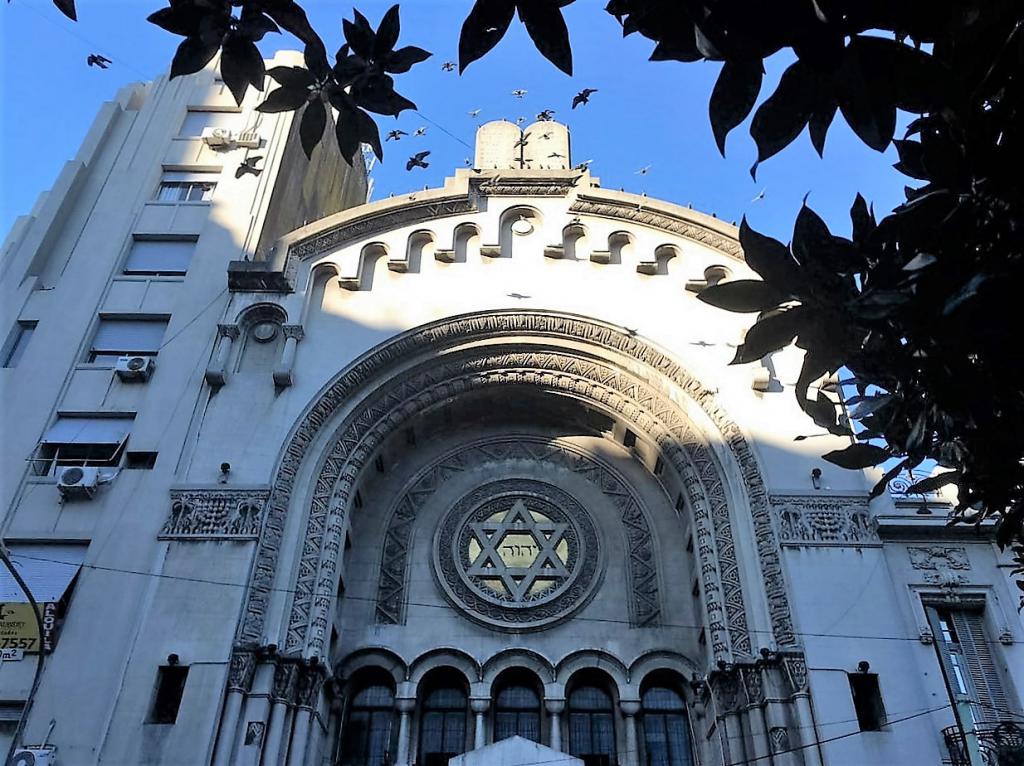The dominant religion of Argentina since its development by Europeans has always been Christianity. It remains so today. The largest Christian denomination in the state is Roman Catholicism, since the country's historical and spiritual background was largely determined by the influence of Spain, which colonized this part of the New World. However, throughout the history, especially during the period of immigration of the 20th century, other spiritual trends developed in Argentina. In addition, Argentina is one of the countries in Latin America with the largest percentage of non-religious atheists, agnostics and humanists, as well as a believer in God, but not related to any church or spiritual community.
State and religion
In 1966, Argentina entered into a concordat with the Holy See, which gives the Roman Catholic Church special rights and privileges in the Republic, as well as support for the federal government, according to the Constitution (Article 2), the country's Civil and Commercial Code. The distinctive position of Catholicism provides him with a superior position in relation to other churches and denominations, but does not give the status of the official religion of the Republic. In addition, in Argentina, freedom of religion is guaranteed by article 14 of the National Constitution. According to data for 2017, the religious beliefs of citizens of the country were distributed approximately as follows:
- 66% are Catholics;
- 9% are Protestants;
- 3% are adherents of other religions;
- 21% are non-religious;
- 1% - find it difficult or unwilling to answer.
Christianity
According to studies cited in a 2004 report by the Argentine Episcopal Conference Bureau of Democracy, Human Rights, and Labor, 88% of the people in the country were baptized as Catholics. However, the percentage of people who consider themselves believers is in the range of 69–78%. However, only 23% of the total population often attend places of Catholic worship.
The growth of various Protestant trends in the country can be judged by the fact that until 2001 there were close to 15,000 churches in Argentina and about 4.5 million followers, including Pentecostals, Baptists, Lutherans, Methodists, Presbyterians, who made up 12% of the state’s population. It is worth noting that most Argentinean Protestants are active participants in their congregations.
The Annunciation Cathedral and the Holy Trinity Church of Buenos Aires reflect the presence in the country of another of the three great branches of Christianity - Orthodoxy.
Judaism and Muslim Faith
The community of Jewish religion in Argentina is the largest among the countries of Latin America and one of the six largest in the world. Currently, about 200,000 Jews live in the Republic, but in the 60s there were nearly half a million of them. Most of the communities, or rather 11, are concentrated in Buenos Aires, the rest are distributed mainly in the province of Entre Rios, and small groups are located in the cities of Argentina: Mendos, Rosario, Cordoba and Tucuman. The country has the third of the largest Jewish communities of both Americas, which is also considered the fourth of the largest outside of Israel after France, England and Russia.

The number of Muslim Muslims in the country is estimated to range from 500,000 to 700,000, which is about 1.5% of the total population. Nearly 160,000 people live in the federal capital and its environs, the rest are dispersed throughout the country with significant concentrations in the cities of Cordoba, Mendoza, Tucuman, Rosario and Santiago del Estero.
Other spiritual positions
Among the most relevant religious minorities of the state, Buddhism, the Spiritual Confederation of Argentina, the religion of Jehovah's Witnesses, Mormons and a small group of Hare Krishnas should be noted. Over the past decade, neopaganism has appeared in major cities of the country, represented by a limited number of descendants of Europeans living in Argentina. Religious cults of saints, not canonized by any denomination, pre-Columbian and African beliefs that combine elements of Catholicism or evangelism are quite common in the Republic.
As the survey showed, a large number of Argentines believe in God, but do not express a sense of belonging to any church and do not recognize worship, wanting to remain religious "without intermediaries." In 2008, there were 2.3% of such people, and together with unbelievers, accounting for 9%, they recruited 11.3% of the population of Argentina. In the survey results for 2017, this share corresponds to 21%.